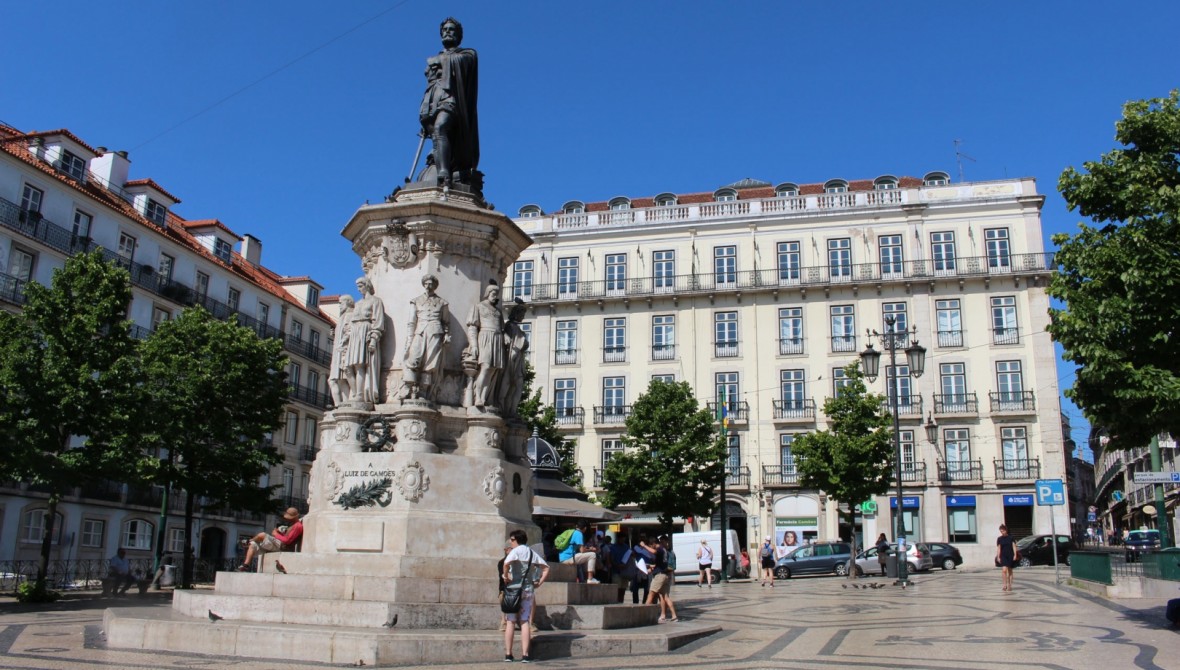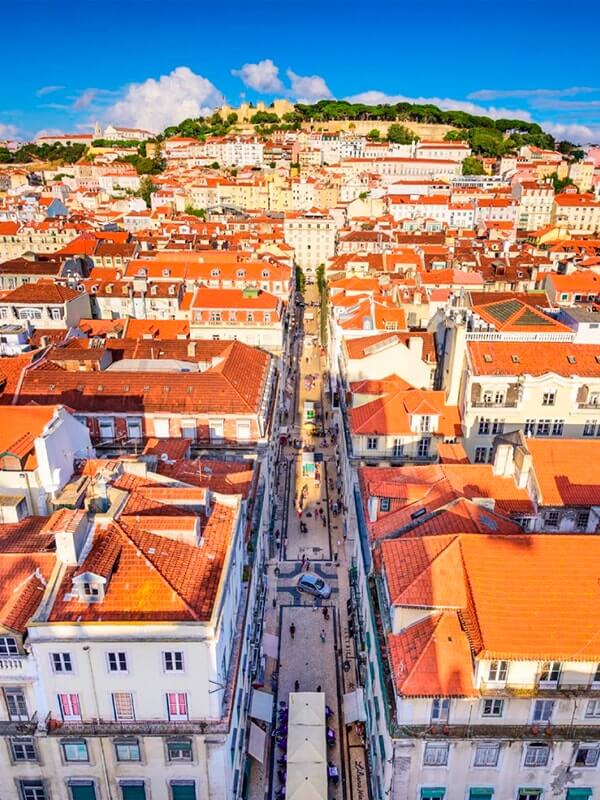
Lisbon, where are you going?

When, in 1987, António Muñoz Molina, one of the most well-known Iberian writers, wrote "Winter in Lisbon" and began his romantic relationship with the city, he chose it as one of his privileged retreats for writing. Much of the novels he published were drawn in one of his favorite havens, an inexpensive apartment that he rented in Alfama, the neighborhood of labyrinthine houses and dirty alleys that always charmed curious tourists with a timeless, genuine city atmosphere that Lisbon seemed to want to keep forever . At the end of 2013, in a conversation with the Catalan writer about the growth of European cities and the tourist boom that seemed to shake Barcelona irreversibly, Molina warned us: "What I love the most here is the scale of the human and how we knew how to preserve the which has always been. This intimacy that Lisbon preserves - and it is something that only exists here and is deeply universal - is fundamental. When you lose, you lose yourself forever. And I say this without any nostalgia. "
This brand of proximity and coexistence between the life of the city and its citizens, in a simultaneously traditional and contemporary culture that so enchanted visitors from outside, seemed to be still present in the life of Lisbon at the moment when we were in front of the writer, in the Bairro Alto Hotel, looking at Camões Square.
